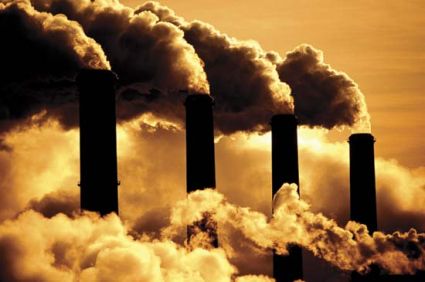
What I construed, when I heard Dr. Arjun Makhijani, President of the Institute for Energy and Environmental Research, talking about the possibility of zero-carbon emission in the coming future, is that he might be suggesting replacing fossil fuels with nuclear energy.
At this point of time, only nuclear plants give less carbon emission among the available energy resources. But still, a nuclear plant takes time to get into business and what about the problems relating to – waste storage, proliferation, construction capacity, the glacial pace of the regulatory context, and of course, economics – it’s not easy to overlook these drawbacks.
However, studies suggest U.S. as feasible region for achieving Zero- Carbon emission.
Dr. Arjun said, in this context:
We can solve the problems of oil imports, nuclear proliferation as it is linked to nuclear power, and carbon dioxide emissions simultaneously if we are bold enough.
But, another major requirement for such an action involves change in political strategies and foreign relations. Think about the wars intended to own oil resources and uranium mines.
What Dr. Arjun suggests is a very disciplined combination of some major renewable energy sources such as wind energy, solar energy, biomass energy and hydropower, which promotes use of plug-in electric hybrid cars to recharge batteries that can then be hooked up to the grid and provide additional electricity.
If we talk about solar energy, which is presently a costly business for a common man, it requires more developed and cheap designs to contribute enough to compensate for fossil fuels.
Not only this, most prominent biofuels from corn and soy, and those from Indonesian palm oil have increased the emission instead of reducing it. Therefore, producing more crops and plants with lesser emission will involve competition among food crops for water and land.
From these facts, it seems complex as it includes change in all major spheres like politics, economics, and dependency on geographical conditions.
Whatever be the possibility, but we can’t imagine it before next 40 or 50 years time period. We have to think fast to tackle serious climate change, the kind that could send the planet into a rapid and intolerable regime shift, could be upon us in as little as 40.
Image Credit: Cache
Via: BlueGreenConsulting




